
Journal Menu
► ▼ Journal Menu-
- Atmosphere Home
- Aims & Scope
- Editorial Board
- Reviewer Board
- Topical Advisory Panel
- Instructions for Authors
- Special Issues
- Topics
- Sections & Collections
- Article Processing Charge
- Indexing & Archiving
- Editor’s Choice Articles
- Most Cited & Viewed
- Journal Statistics
- Journal History
- Journal Awards
- Society Collaborations
- Conferences
- Editorial Office
Journal Browser
► ▼ Journal BrowserNeed Help?
Announcements
29 September 2024
MDPI New Journal Proposal—Invitation to Shape the Future of Open Science Together

As a leader in open access publishing, MDPI is eager to explore new collaboration opportunities, including the launch of new journals and the transfer of existing ones. At present, MDPI publishes over 400 journals, more than 160 of which have established partnerships with academic organizations. Additionally, we publish 19 association journals.
In order to enhance exchange and cooperation with scientific researchers and share the results of open science, MDPI invites experts and scholars from various fields to submit proposals for new journal collaboration opportunities. If your proposal is approved, you could take on the role of Editor-in-Chief, Deputy Editor-in-Chief, or Editorial Board Member of the journal. This position allows you to manage the manuscript review process alongside our editorial department, participate in calls for papers, strengthen your network with scholars in the field, expand scientific research cooperation, enhance your personal and academic influence internationally, and play a leading role in academia.
Once the new journal is online, MDPI will provide a variety of promotional channels to market the journal internationally.
MDPI will offer various promotional channels to enhance its visibility and promote it internationally.
How can you determine the theme of a new journal?
- Assess research hotspots/academic frontiers;
- Assess pioneers in the field/key research directions of universities;
- Determine whether MDPI has already established a journal in the field.
You can browse MDPI’s existing journals at the following link: https://www.mdpi.com/about/journals.
Advantages of collaborating with MDPI:
- MDPI is a global leader in open-access publishing with extensive academic resources.
- MDPI offers a professional publishing team that provides comprehensive support throughout the publishing process.
- MDPI’s diverse promotional platforms and channels help journals quickly increase their international visibility and influence.
We invite you to submit new journal proposal here, and contribute to academic development! In addition, if your institution (university, institute, college, national key laboratory, society, etc.) intends to establish a journal, you can also submit a draft to MDPI on its behalf.
27 September 2024
MDPI’s 2023 Travel Awards—Winners Announced

MDPI journals frequently grant travel awards to empower junior researchers to showcase their latest research at academic conferences, thereby amplifying their impact within their research fields.
We extend our heartfelt congratulations to the 103 recipients of MDPI's 2023 Travel Awards from different countries and territories for their exceptional presentations. These outstanding individuals were selected by the journal editors based on the strength of their research proposals and the anticipated impact of their presentations at academic conferences. We commend their exceptional contributions and wish them continued success in their academic endeavors.
MDPI will continue to provide support and recognition to the academic community. To learn more about the list of awardees, please visit the following pages:
- Biology and Life Sciences;
- Chemistry and Materials Sciences;
- Engineering;
- Environmental and Earth Sciences;
- Medicine and Pharmacology;
- Public Health and Healthcare;
- Others.
About MDPI Awards:
To reward the academic community, especially young researchers, and enhance communication among scientists, MDPI journals regularly offer various awards to researchers in specific fields. These awards, serving as a source of inspiration and recognition, help raise the influence of talented individuals who have been credited with outstanding achievements and are making a significant contribution to the advancement of their fields.
To explore more MDPI awards, please click here.
23 September 2024
Meet Us at the American Geophysical Union (AGU) Fall Meeting 2024, 9–13 December 2024, Washington, D.C., USA

Conference: American Geophysical Union (AGU) Fall Meeting 2024
Date: 9–13 December 2024
Location: Washington, D.C., USA
MDPI will be attending the American Geophysical Union (AGU) Fall Meeting 2024, which will be held from 9 to 13 December 2024 in Washington, D.C., USA.
AGU’s annual meeting, the largest gathering of Earth and space scientists, convenes 25,000+ attendees from 100+ countries to share research and connect with friends and colleagues. Scientists, educators, policymakers, journalists and communicators attend AGU24 to better understand our planet and environment, opening pathways to discovery, generating greater awareness to address climate change, driving greater collaborations to lead to solutions and opening the fields and professions of science to a whole new age of justice equity, diversity, inclusion and belonging.
The following MDPI journals will be represented at the conference:
- Water;
- Remote Sensing;
- Atmosphere;
- Sustainability;
- Geosciences;
- Land;
- Minerals;
- Earth;
- Fire;
- IJGI;
- Hydrology;
- Geomatics;
- Drones;
- GeoHazards.
If you are planning to attend the conference, we encourage you to visit our booth and speak to our representatives. We are eager to meet you in person and assist you with any queries that you may have. For more information about the conference, please visit the official website at https://www.agu.org/annual-meeting.
15 September 2024
MDPI Webinar | International Day for the Preservation of the Ozone Layer Webinar 2024, 16 September 2024

MDPI would like to invite all experts recognized in their fields to attend the MDPI International Day for the Preservation of the Ozone Layer Webinar 2024, which will be held on 16 September 2024.
In order to commemorate the International Day for the Preservation of the Ozone Layer 2024, MDPI is launching a special webinar to encourage researchers to come together, take action, and highlight how the exchange of findings facilitates efforts to protect and preserve the ozone layer.
The preservation of the ozone layer is critical to shielding the Earth from harmful ultraviolet radiation, which has significant implications for human health, ecosystems, and the climate. Research and innovation in this field have led to crucial environmental policies, technological advancements, and sustainable practices vital to safeguarding our planet for future generations. We look forward to seeing you at the webinar.
Title: MDPI International Day for the Preservation of the Ozone Layer Webinar 2024
Date: 16 September 2024
Time: 10:00 a.m. (CEST) | 04:00 p.m. (CST Asia)
More Information: https://sciforum.net/event/IDPOL
This is a free webinar. After registering, you will receive a confirmation email on how to join the webinar. Registrations with academic institutional email addresses will be prioritized.
Unable to attend? Register anyway, and we will let you know when the recording becomes available to watch.
Register for free at the following link:
Program:
| Speaker/Presentation | Time in CEST | Time in CST Asia |
| Introduction | 10:00–10:10 a.m. | 04:00–04:10 p.m. |
| Dr. Eugene Rozanov Presentation Theme: Is There Any Danger to Ozone Layer Recovery in the Future? |
10:10–10:30 a.m. | 04:10– 04:30 p.m. |
| Prof. Dr. Christos Zerefos Presentation Theme: The Unstable UV-B Protection in a Globally Warming Earth |
10:30–10:50 a.m. | 04:30–04:50 p.m. |
| Dr. Kostas Eleftheratos Presentation Theme: Our Valuable Protective Ozone Layer |
10:50–11:10 a.m. | 04:50–05:10 p.m. |
| Q&A Session | 11:10–11:25 a.m. | 05:10–05:25 p.m. |
| Closing of Webinar | 11:25–11:30 a.m. | 05:25–05:30 p.m. |
Relevant Special Issues:
Atmosphere
“Ozone in Stratosphere and Its Relation to Stratospheric Dynamics”
Guest Editor: Peter Krizan
Deadline for manuscript submissions: 15 November 2024
“Measurement and Variability of Atmospheric Ozone”
Guest Editor: Jinqiang Zhang
Deadline for manuscript submissions: 30 December 2024
“Ozone Evolution in the Past and Future (2nd Edition)”
Guest Editor: Eugene Rozanov
Deadline for manuscript submissions: 15 April 2025
Geosciences
“Hydrological Processes and Climate Change in Eurasia”
Guest Editor: Olga Makarieva
Deadline for manuscript submissions: 10 July 2025
“Discerning Between Tectonic and Climatic Forcing in Landscape Evolution”
Guest Editor: Andrea Sembroni
Deadline for manuscript submissions: 8 July 2025
“Pliocene Studies in Paleobiology, Paleoenvironment and Paleoclimate”
Guest Editors: Harry Dowsett, Rocío Paola Caballero-Gill and Lina C. Pérez-Angel
Deadline for manuscript submissions: 31 December 2024
11 September 2024
MDPI’s 2023 Best PhD Thesis Awards—Winners Announced

MDPI’s Best PhD Thesis Awards are granted to promising young scholars whose PhD theses are deemed exceptional within their respective research fields. These awards aim to encourage young scholars to continue their outstanding accomplishments and further contribute to their field.
We extend our heartfelt congratulations to the 54 winners of the 2023 Best PhD Thesis Awards and wish them success with their future research endeavors.
MDPI will continue to provide support and recognition to the academic community. To learn more about all the awardees and their research projects in your field of study, please visit the following pages:
About MDPI Awards:
To reward the academic community, especially young researchers, and enhance communication among scientists, MDPI journals regularly offer various awards to researchers in specific fields. These awards, serving as a source of inspiration and recognition, help raise the influence of talented individuals who have been credited with outstanding achievements and are making a significant contribution to the advancement of their fields.
To explore more MDPI awards, please click here.
5 September 2024
Meet Us at the SETAC Asia-Pacific 14th Biennial Meeting, 21–25 September 2024, Tianjin, China

MDPI will attend the SETAC Asia-Pacific 14th Biennial Meeting, held in Tianjin, China, from 21 to 25 September 2024. We invite researchers from different backgrounds to visit and share their latest ideas with us.
The SETAC Asia-Pacific 14th Biennial Meeting encourages the exchange of innovative research findings, methods, and best practices to help address emerging environmental issues. The meeting aims to provide a platform for scientists, researchers, policymakers, environmental professionals and students to exchange ideas and solutions to address environmental issues in the Asia-Pacific region and globally.
The following MDPI journals will be represented at the conference:
- Toxics;
- Journal of Xenobiotics;
- Sustainability;
- Water;
- Atmosphere;
- Environments;
- Metabolites;
- Microplastics;
- Pollutants.
If you are planning to attend the conference, please feel free to start a conversation with us at our booth (#8). Our delegates look forward to meeting you in person and answering any questions you may have. For more information about the conference, please visit the following website: https://setac-ap2024.cnconf.com/msite/main/cn.
3 September 2024
MDPI INSIGHTS: The CEO's Letter #15 - CHORUS, Best Paper Award, August Events

Welcome to the MDPI Insights: The CEO's Letter.
In these monthly letters, I will showcase two key aspects of our work at MDPI: our commitment to empowering researchers and our determination to facilitating open scientific exchange.
Opening Thoughts

I am pleased to share that MDPI is now an Affiliate Member of CHORUS, a not-for-profit organization dedicated to ensuring public access to articles reporting on U.S. government-funded research. This partnership highlights our long-standing commitment to advancing Open Access (OA) publishing and meeting funders’ open research requirements.
Read the full announcement here.
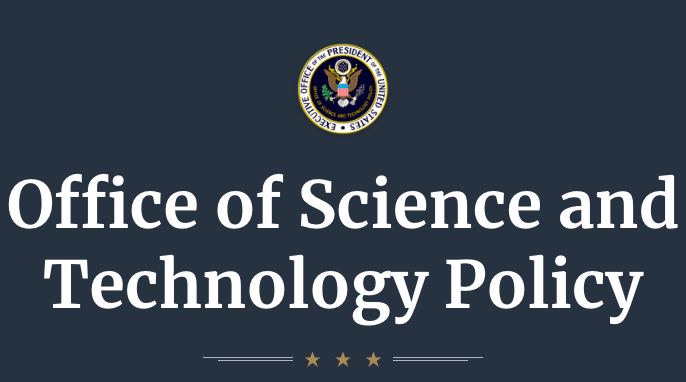
With the White House Office of Science and Technology Policy (OSTP) 2022 memorandum calling for immediate public access to all federally funded research by 2026, this partnership positions MDPI to further support academic institutions in adhering to national mandates while providing authors with fully compliant (CC-BY) OA journals.
The CHORUS platform went live in July 2014 and includes NASA, the U.S. Department of Energy, the U.S. Department of Defense, the U.S. Geological Survey, and the National Science Foundation.
“This partnership positions MDPI to further support academic institutions in adhering to national mandates”
Joining CHORUS perfectly aligns our mission as the leading OA publisher, which is to drive transparency and innovation in scholarly publishing, with that of CHORUS itself, which is to advance Open Access research. It will also support MDPI publications from organizations such as NASA, with 1,200 research papers published by NASA-affiliated authors as at 31 August 2024.
Impactful Research
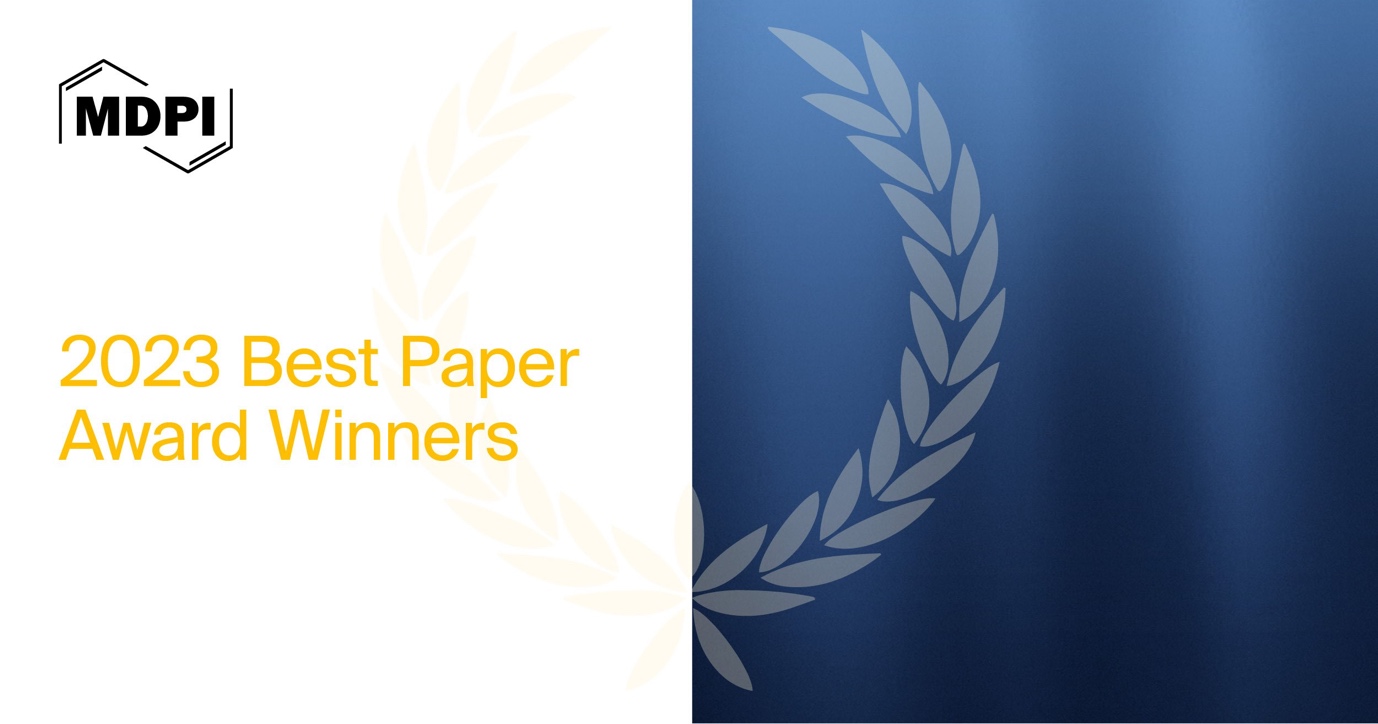
MDPI’s Best Paper Awards—Award-Winning Papers in 2023 Announced
MDPI is committed to supporting and recognizing the academic community and is proud to announce the recipients of the 2023 Best Paper Awards, which recognize high-quality papers of significant scientific merit and impact. Each year, the editors of our journals carefully select papers that showcase outstanding scientific achievement.
This year, 115 Best Paper Awards were presented, chosen from 346 exceptional papers in a highly competitive selection process. Congratulations to the authors for their remarkable contributions!
To learn more about all the awardees and their research projects, visit the following pages:
- Biology and Life Sciences
- Business and Economics
- Chemistry and Materials Sciences
- Computer Sciences and Mathematics
- Engineering
- Environmental and Earth Sciences
- Medicine and Pharmacology
- Public Health and Healthcare
- Social Sciences, Arts and Humanities
- Physical Sciences
About MDPI Awards
MDPI regularly offers various awards to recognize researchers, particularly young scientists, and to promote communication within the scientific community. These awards exist to inspire and acknowledge talented scientists who have made significant contributions to advancing their fields.
To find out more MDPI awards, please click here.
“Our awards exist to inspire and acknowledge talented scientists”
Inside MDPI

MDPI AI Team Presented at EuroSciPy 2024 in Poland
As part of the CEO Letter, I hold dear this ‘Inside MDPI’ section, where I have an opportunity to highlight various projects, teams and updates within our organization. As such, I’m happy to showcase the following presentations from members of MDPI’s Artificial Intelligence (AI) team, which were recently presented at the EuroSciPy 2024 (16th European Conference on Python in Science). This conference took place in Szczecin, Poland from 26–30 August.
“This event was a great opportunity to reinforce our commitment to innovation and excellence in publishing”
MDPI colleagues Frank Sauerburger (AI Tech Leader) and Daniele Raimondi (Senior Data Scientist) both presented at the conference. Frank discussed MDPI’s AI infrastructure, while Daniele showcased a new methodological approach we have been developing to track the journey of rejected academic manuscripts. This approach combines AI, data science and analytics to improve the identification of manuscripts and authors, enhancing our understanding of publishing dynamics.
This event was a great opportunity to reinforce our commitment to innovation and excellence in publishing. It also allowed us to contribute to the academic discussion on integrating AI and data science into scholarly communication.
From data analysis in Jupyter Notebooks to production applications: AI infrastructure at reasonable scale – Frank Sauerburger
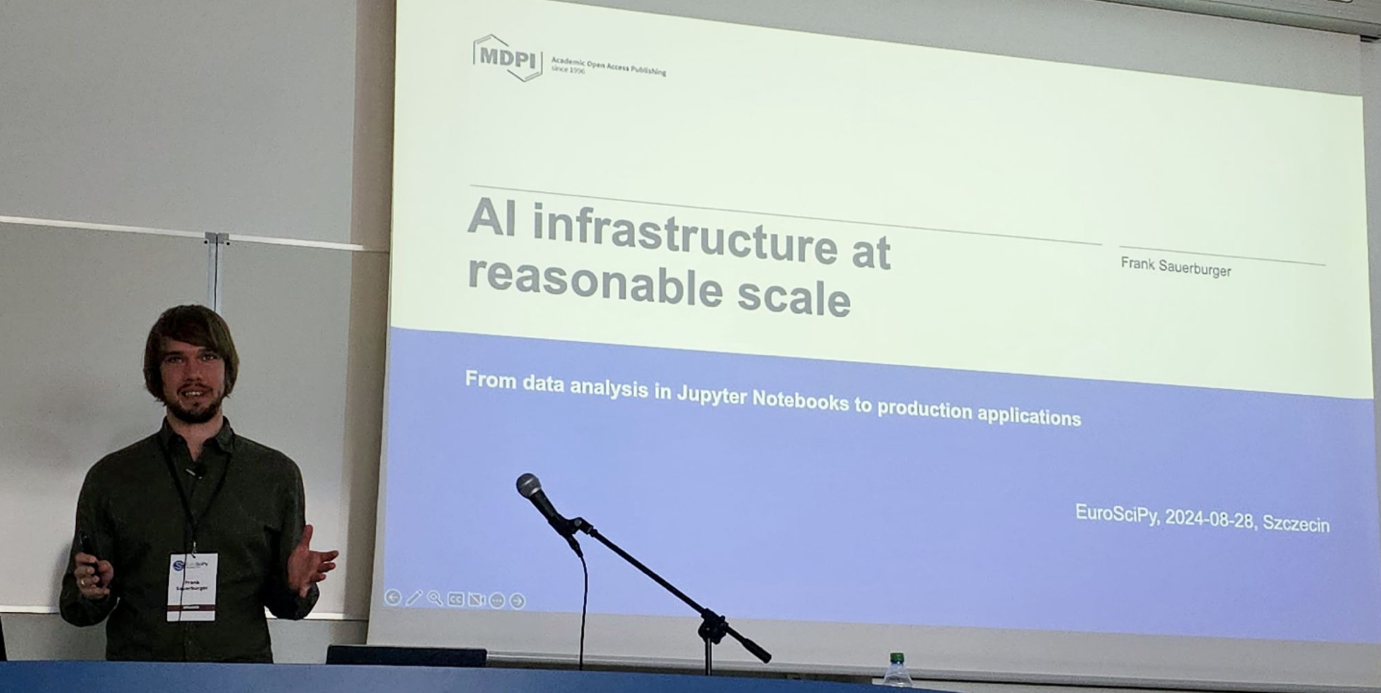
Frank’s presentation on MDPI’s AI infrastructure provided a chance to showcase the advanced technological frameworks that power our operations. Given the technical and academic focus of EuroSciPy, this talk demonstrated how MDPI’s AI capabilities are not only cutting-edge but also central to driving efficiency and innovation in scholarly publishing. Engaging with the EuroSciPy community helps position MDPI as a leader in applying AI within the publishing industry, fostering potential collaborations and attracting interest from top researchers.
A Qdrant and Specter2 framework for tracking resubmissions of rejected manuscripts in academia – Daniele Raimondi
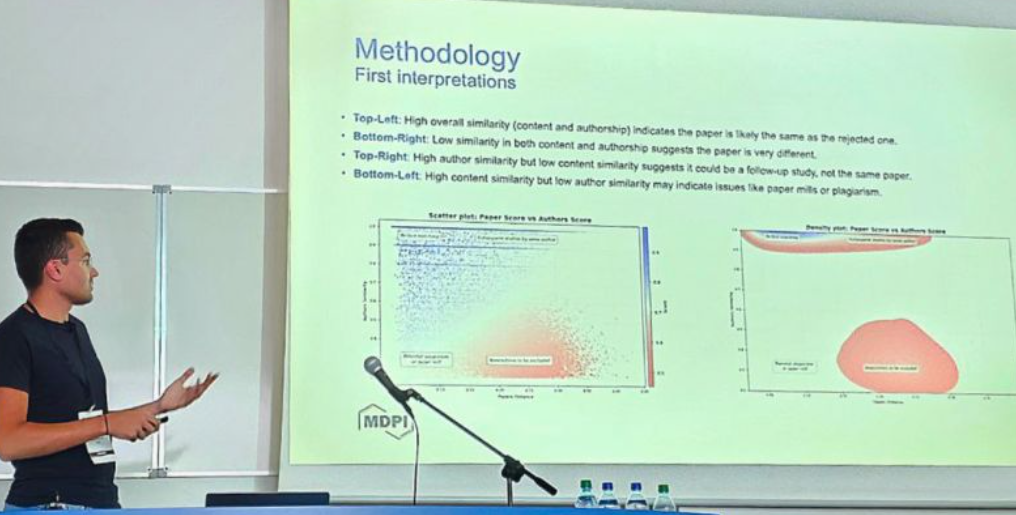
Daniele’s talk on the novel methodological approach that combines AI, Data Science, and Analytics was crucial in highlighting how MDPI is advancing the precision and effectiveness of manuscript and author identification. This approach is pivotal in enhancing our understanding of publishing dynamics and ensuring the quality and integrity of the academic content we manage. By presenting at EuroSciPy, we had the opportunity to engage with an audience deeply involved in scientific computing, gaining feedback and insights that could further refine our methodologies.
Thank you, Frank and Daniele, for representing MDPI so well!
I will share more about MDPI’s AI team and projects in upcoming CEO Letters, as we have a well-rounded AI and Data Team working on an exciting suite of AI products for MDPI and the scholarly community at large.
Coming Together for Science
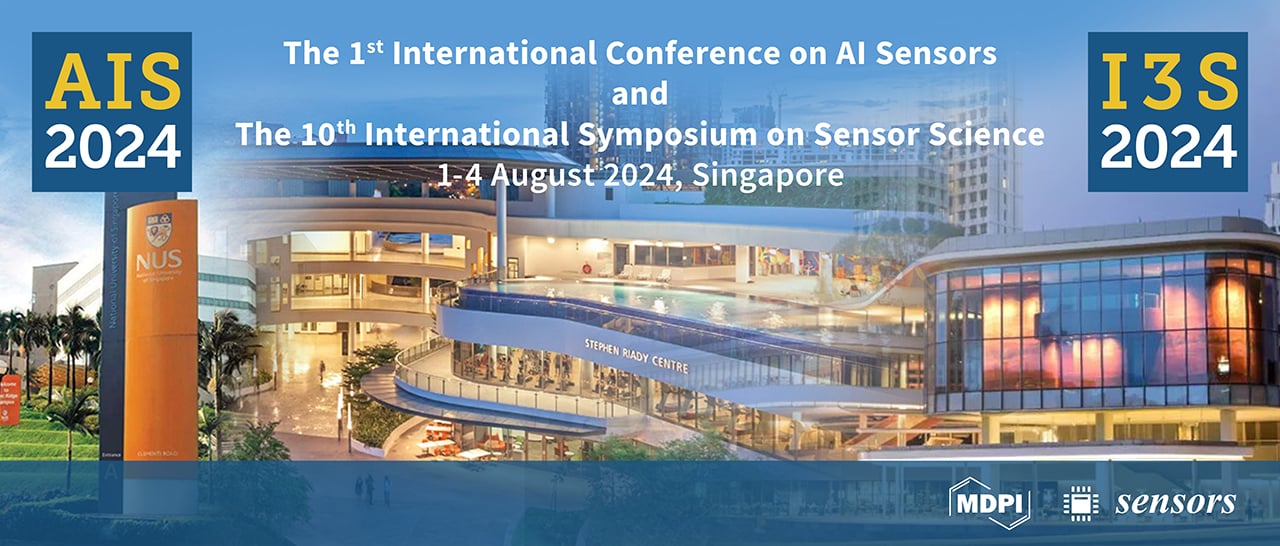
The 1st International Conference on AI Sensors & The 10th International Symposium on Sensor Science
I am pleased to share the success of our MDPI conference The 1st International Conference on Artificial Intelligence (AI) Sensors and the 10th International Symposium on Sensor Science in Singapore this past 1–4 August.
With nearly 400 attendees, the event brought together researchers and industry experts from China, Singapore, Japan, Korea, Taiwan, India and other countries to share their findings on the latest developments in sensors, sensing technology, artificial intelligence for sensing applications and AI-enhanced sensing systems.
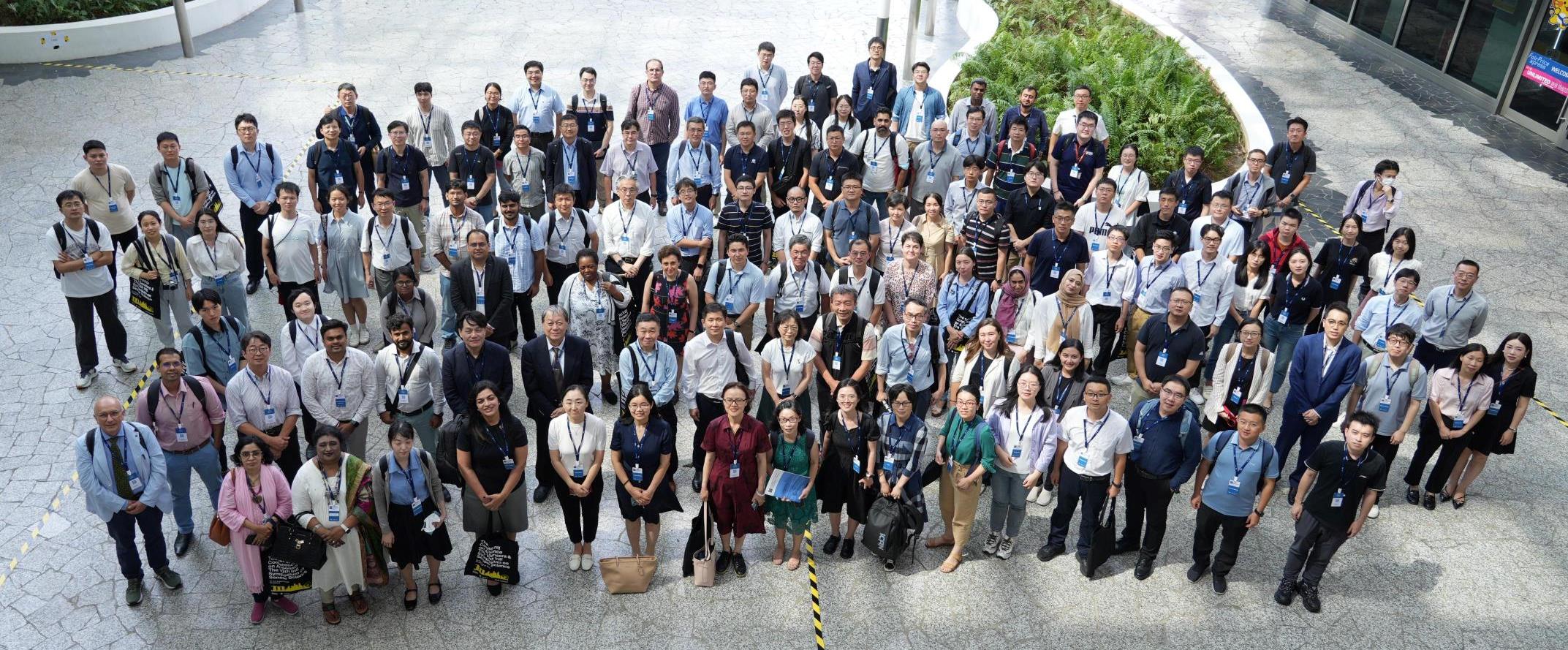
We accepted a total of 355 abstracts, featuring 772 authors from 28 countries. Over the course of the four-day event, 66 posters were displayed and 296 talks were delivered, including 4 plenary talks, 46 keynote speeches, 122 invited talks, and 124 selected oral presentations. View the event gallery here.
I am pleased to announce the winners of the four awards, including Best Presentation and Best Poster, recognizing the contributions of our participants during the conference.
Looking ahead, the 2nd International Conference on AI Sensors and Transducers is scheduled to take place from 29 July to 5 August, 2025, in Bangkok, Thailand.
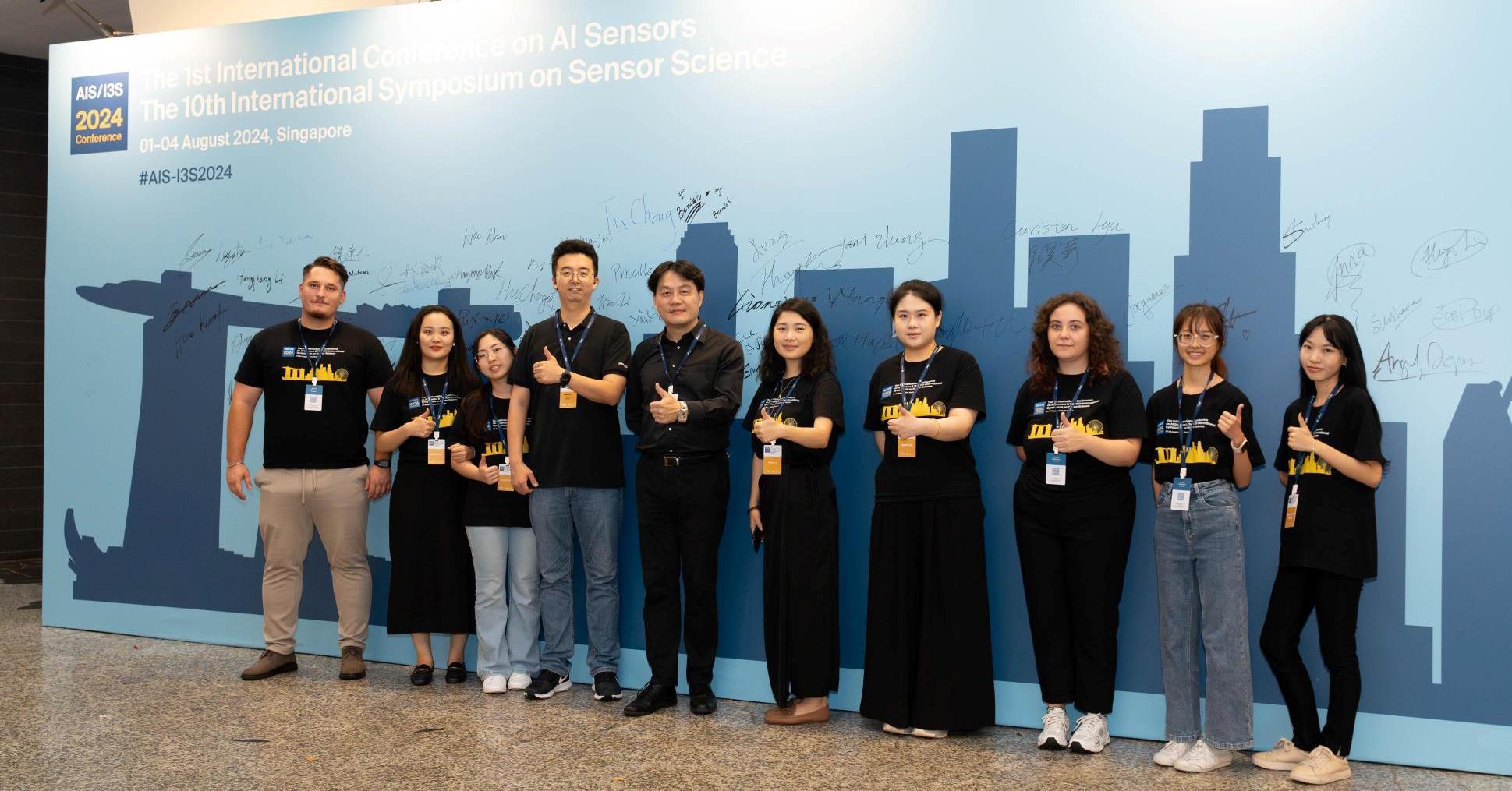
Thank you to our Conference team, including Ionut Spatar, Teodora Nicoleta Cremene, Ang Kai Lin, Benjamin Tay, Leong Jin Yue Esther, Wong Jolin, Judith Wu, Alethea Liu and Flora Li, who were involved in making this event a success. A big thank-you also goes to our local MDPI colleagues for their support: Yu Nwe Soe, Hen Chu Yang, Kwah Zhi En Watcharapong, Zephan Yang, Daphne Neo, Huimin Cheng, Nathan Li and Ting Yin.
Upcoming In-Person Event
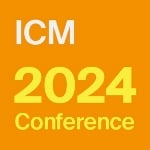
25–27 September, 2024
The 5th International Conference on Materials: Advances in Material Innovation
Location: Basel, Switzerland
ICM 2024 will unite experts to share insights on recent advancements in Materials Characterization, Processing and Manufacturing.
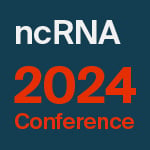
7–9 October, 2024
Non-coding RNA World 2024: Exploring Mechanisms, Designing Medicines
Location: Basel, Switzerland
ncRNA 2024 will explore the latest advances in the field, covering topics from basic biology to medical and technological applications.
Find more upcoming MDPI events here.
Closing Thoughts

The 2nd Sustainable Publishing Forum
In 2022, the International Association of Scientific, Technical and Medical Publishers (STM) outlined three goals to reflect the academic community’s shared aspirations: promoting Open Science, maintaining research integrity and fulfilling social responsibility. Open Science has evolved from the Open Access movement of the early 2000s to become a preferred model in academic publishing. Publishers and academic journals play a crucial role in ensuring research integrity, with efforts to prevent misconduct markedly on the increase now.
As the world faces sustainability challenges, the academic publishing industry is increasingly committed to contributing the achievement of the United Nations Sustainable Development Goals (SDGs). Many publishers are implementing strategies to support these objectives, including ours, which you can view here.
The 2nd MDPI Sustainable Publishing Forum provided a platform for global editors and publishers to discuss these themes, aiming to strengthen collaboration and advance the contributions that scientific publishing can make to academia and society.
“Open Science has evolved to become a preferred model in academic publishing”
The 2nd Sustainable Publishing Forum
We hosted MDPI’s 2nd Sustainable Publishing Forum in Beijing, China, on 15–16 August, attracting nearly 120 attendees from local and international publishers, university presses, scientific and technical journal associations, libraries and the Chinese Academy of Sciences. The event focused on promoting Open Science, maintaining research integrity, and fulfilling social responsibility.
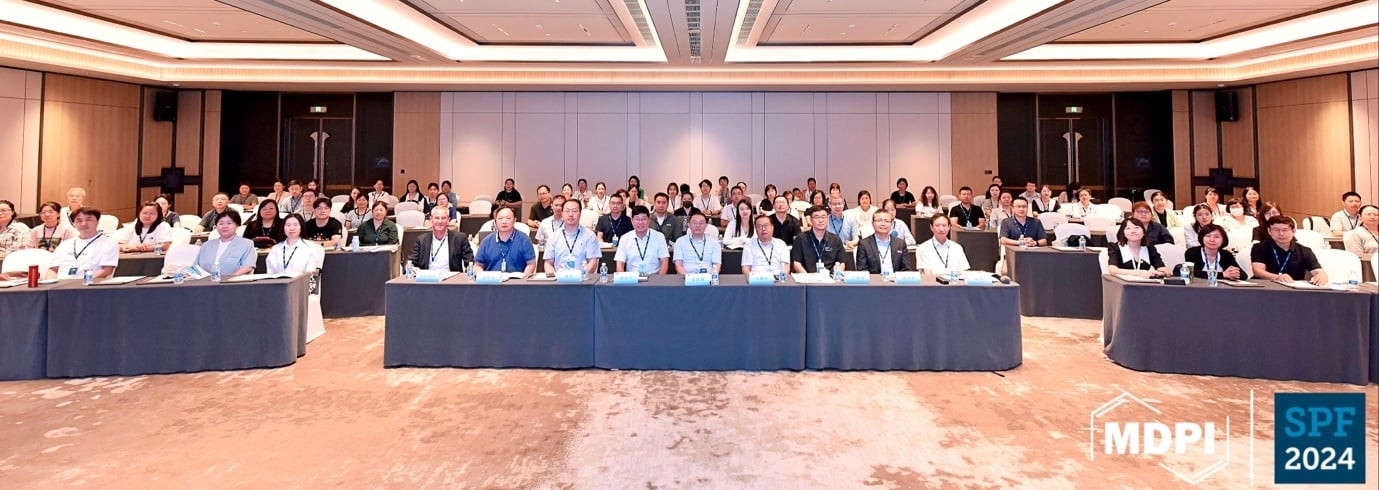
This was an excellent opportunity for us to share more with conference attendees about the approach of our research integrity team. Our Head of Publishing, Peter Roth, also participated, speaking on how to identify and avoid predatory publishers and about the principles that underpin ethical academic publishing.
I extend my thanks to all of our conference speakers, including Hylke Koers (STM Solutions), who presented on STM Trends 2028 and shared insights on the STM Integrity Hub, of which MDPI is a member.
Chief Executive Officer
MDPI AG
30 August 2024
Dr. Daniele Contini Appointed Editor-in-Chief of Atmosphere

We are pleased to announce that Dr. Daniele Contini has been appointed Editor-in-Chief for the journal Atmosphere (ISSN: 2073-4433).
Homepage: https://www.isac.cnr.it/en/users/daniele-contini
Affiliation: Institute of Atmospheric Sciences and Climate (ISAC), National Research Council (CNR), Str. Prv. Lecce-Monteroni km 1.2, 73100 Lecce, Italy
Interests: atmospheric composition; aerosol sources; health-related effects of aerosols; receptor models; turbulent fluxes; particle deposition; nucleation
Dr. Daniele Contini obtained his M.Sc. in physics in 1994 and his Ph.D. in energy engineering in 1999 from the University of Florence, Italy. He became a researcher at the Institute of Atmospheric Sciences and Climate of the National Research Council (ISAC-CNR in Lecce) in 2001, and he is now a research director at ISAC-CNR. He is the coordinator of the macroarea of ISAC-CNR research in atmospheric composition, climate forcing, and air quality. His research activity is mainly experimental and focused on atmospheric sciences. At present, his research interests can be summarized into four main lines: (i) the identification and characterization of atmospheric particulate matter sources, using both high-resolution temporal measurements and receptor models based on the chemical composition of the particulate, and their spatial and temporal trends; (ii) health and toxicological effects of atmospheric particulate matter due to both natural and anthropogenic sources; (iii) study of atmospheric particulate dynamics in the surface boundary layer with particular attention to nucleation, emission, and deposition processes; and (iv) analysis and parameterization of the dispersion of atmospheric pollutants also using physical modeling on a reduced scale in a wind tunnel and/or in a hydraulic vein. Throughout his career, he has established numerous successful research collaborations with leading international groups in the field of atmospheric and climate sciences. He has held coordination responsibilities in a number of research projects at regional, national, and international levels. Dr. Daniele Contini has been the President of the Italian Aerosol Society (IAS) since 2018, and he has been the chair of the working group “Atmospheric Aerosol Studies” of the European Aerosol Assembly since 2022. He is the PI of the Environmental—Climate Observatory of Lecce, a regional station of the GAW/WMO-Global Atmosphere Watch network and the national facility of the ACTRIS network.
The following is a short Q&A with Dr. Daniele Contini, who shared his vision for the journal with us, as well as his views of the research area and open access publishing:
1. What appealed to you about the journal that made you want to take on the role of Editor-in-Chief?
I started to collaborate with the journal Atmosphere in 2012 and I appreciated its commitment to publishing high-quality papers. The journal has highly dedicated and professional support staff and an Editorial Board including very experienced researchers that allows for fast open access publication. All of this was attractive to me to become its new Editor-in-Chief.
2. What is your vision for the journal?
The journal Atmosphere has already evolved significantly, and I believe that it can continue to do so. My vision is to support this growth and to help in making Atmosphere one of the leading journals in the field of atmospheric sciences, promoting the publication of groundbreaking research and fostering interdisciplinary collaboration. I strongly believe that the impact and ranking of the journal can still improve in the near future.
3. What does the future of this field of research look like?
Atmospheric sciences present several great challenges in current research with interdisciplinary complexities. The atmosphere influences human life in terms of air quality and health, climate change, and extreme weather events. This pushes the research community to tackle the complexity of the atmosphere, leading to a better and deeper understanding of concepts, mechanisms, and processes and their inter-correlation driving global changes. The continuous development of large atmospheric observation networks and the application of advanced regional and global modeling, coupled with high-performance computing, will be essential instruments for researchers in the near future, allowing for innovation and the development of new ideas and approaches in the field of atmospheric sciences to improve our knowledge of the atmosphere.
4. What do you think of the development of the open access format in the publishing field?
Open access publishing is a highly positive development in the publishing field with a fast-growing trend in the last years. Open access makes knowledge and research accessible to a broad audience, including scientists, industry professionals, policymakers, and the public, leading to the accelerated dissemination of scientific results.
We wish Dr. Daniele Contini every success in his new position, and we look forward to his contributions to the journal.
23 August 2024
Dr. Eugene Rozanov Appointed Section Editor-in-Chief of Section “Climatology” in Atmosphere

We are pleased to announce that Dr. Eugene Rozanov has been appointed Section Editor-in-Chief of the Section “Climatology” in Atmosphere (ISSN: 2073-4433).
Dr. Rozanov works as a senior scientist in PMOD/WRC, Davos, Switzerland, and SPBU, Saint Petersburg, Russia. He is one of the world leaders in the field of climate, atmospheric chemistry, and ozone layer modeling. His outstanding scientific contributions to our understanding of climate and ozone layer responses to different natural and anthropogenic factors, including greenhouse gases, ozone-depleting substances, energetic particle precipitation, solar irradiance variations, etc., are significant. Dr. Rozanov contributed to the IPCC report that won the 2007 Nobel Peace Prize. He participated in the preparation of several WMO reports on ozone depletion. He was a member of the International Commission on the Middle Atmosphere, the Swiss SCOSTEP Committee, co-chair of the SCOSTEP PRESTO project, and a member of the Editorial Board of the MDPI journal Atmosphere. He was awarded a SCOSTEP Fellowship in 2023 for his contribution to the understanding of solar influence on climate. Dr. Rozanov is the author of more than 290 publications in high-impact journals, and his citation index (H-index) is 56 (as cited in the Web of Science database).
The following is a short Q&A with Dr. Eugene Rozanov, who shared his vision for the journal with us, as well as his views of the research area, and offered some advice for young scholars:
1. What appealed to you about the journal that made you want to take on the role of its Section Editor-in-Chief?
I had a very positive experience with MDPI Atmosphere from my work on the Special Issue about ozone changes, several papers I submitted for publication in this journal, and my work as an editorial team member. The editorial staff is very efficient and supportive, which guarantees a swift publication process despite rigorous quality control. The scientific quality of the published papers is rather good. The coverage of many different aspects of the atmospheric and climate sciences is very impressive. However, many aspects can be improved to increase the value of the journal. I feel that I can better contribute to this process by working as Section Editor-in-Chief of the “Climatology” Section.
2. The Section “Climatology” will be positioned to focus on emerging and cutting-edge research directions within the field. In your opinion, what research topics do you think will garner particular interest from the academic community in the coming years?
The primary focus should be on all possible peculiarities of the ongoing global warming. We need to inform society whether there is a possibility of reaching a point of no return in climate change and which measures could be taken to prevent such a situation.
I believe that despite the disputable reputation of climate intervention projects they should be deeply studied by the climate community to reveal their benefits and possible shortcomings.
Substantial attention should be paid to past climate changes because not all their features are well-known and explained. This part is tightly related to the characterization of the possible forcing mechanisms, such as volcanic eruptions, solar and geomagnetic activities, as well as understanding different coupling mechanisms in the climate system.
From the practical point of view, the climate community should also work on shorter-term (sub-seasonal and decadal scale) climate forecasts, which should inform society about necessary measures to strive for emerging environmental changes.
3. What are your aspirations for the future of Atmosphere and your hopes for driving advancements in related disciplines?
The future growth of the journal should be based on the increased interdisciplinarity of the research, attention to emerging new ideas, and more attention to the potential authors on a personal basis. In the framework of the “Climatology” Section, we can pay more attention to the related disciplines covering different aspects of the climate influence on air quality, public health, and biological and technological aspects. Special attention should be paid to emerging issues related to machine learning and generative artificial intelligence. It may make sense to open a new Section devoted to these problems. I dare even propose a special Section devoted to the publication of AI-generated manuscripts. It could be some response to an anticipated increase in this kind of work submitted to regular Sections.
4. What qualities do you believe researchers need to possess on their scientific journey? Could you offer some advice to young scholars?
There are many, but the main ones are:
- A strong desire to understand what is happening in the world, which will guide you throughout a challenging scientific career;
- High intellectual and analytical potential, as well as the ability to think logically;
- The ability to absorb a large flow of information and grasp new ideas and trends;
- Good personal qualities, willingness to communicate and collaborate with a wide range of colleagues;
- Energy and persistence in working on the chosen problem;
- The desire to constantly improve oral and written communication skills.
My advice to young scholars: If you think you possess some of the above-mentioned qualities, you should not hesitate to devote your life to science. It is not an easy and not very profitable way, but if you succeed you will get an opportunity to have a very interesting and rather safe life, communicate with the most interesting people, get an unforgettable feeling from discovering something new, sharing your ideas with your colleagues, and much more.
We warmly welcome Dr. Eugene Rozanov as Section Editor-in-Chief of “Climatology”, and we look forward to him leading Atmosphere to achieve many more milestones.
19 August 2024
MDPI’s 2023 Young Investigator Awards—Winners Announced

MDPI’s Young Investigator Awards recognize promising early career scientists, acknowledge their contributions, and foster collaboration within the scientific community. We are proud to announce the recipients for 2023, who were carefully selected by the journals’ esteemed Award Evaluation Committee.
We extend our heartfelt congratulations to the 79 winners of MDPI’s 2023 Young Investigator Awards for their excellent contributions in their research field. We look forward to seeing these rising stars continue to contribute to the advancement of science.
MDPI will continue to support and recognize the academic community. To explore details about the awardees by field, please visit the individual pages listed below:
Congratulations to all the winners for their exceptional contributions and dedication to advancing scientific research.
About MDPI Awards:
To support the academic community, particularly young researchers, and to enhance communication among scientists, MDPI journals regularly offer various awards to researchers in specific fields. These awards, serving as a source of inspiration and recognition, help to elevate the profiles of talented individuals who have made outstanding achievements and are making significant contributions to advancements in their respective fields.
To find out more about MDPI awards, please click here.



